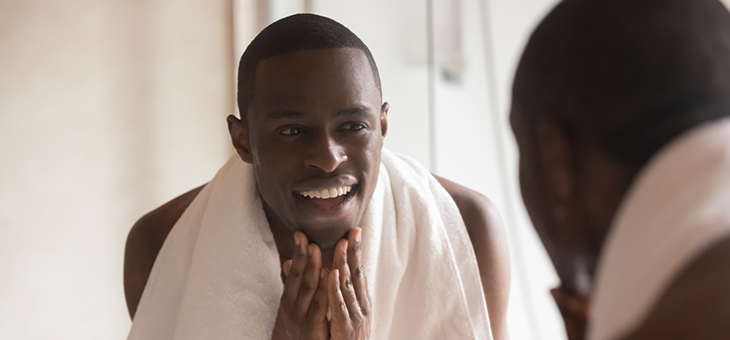It’s a sweeping stereotype, but lots of men have a fairly basic – or entirely non-existent – skincare routine.
Compare this to the regimes of many women, who have cabinets full of lotions, serums, moisturisers and masks. Sexism is at play here: society historically places more pressure on women to look youthful and wrinkle-free. In comparison, the rugged, salt and pepper look is valued in men, meaning ageing isn’t as big a deal.
Women suffer from these double standards, both mentally and financially. But it also affects men – not only are they neglecting their skin, but they’re missing out on the pleasure a proper skincare routine can give you.
Read more: Seven skincare steps you can’t miss – according to a beauty expert
“Men have been brought up not caring about their appearance, their health and particularly their skin’s health,” says Dr Catharine Denning, Curél’s dermatologist and aesthetic doctor ambassador. “Culturally, it hasn’t been seen as masculine to care too much about these things and, as such, men are often never taught how to look after their skin.”
These preconceptions are changing as gender boundaries become increasingly blurred. Your skin isn’t just about vanity, but is an important part of overall health. The world of skincare can be a daunting one, but that doesn’t mean you have to immediately adopt a multi-step routine and use dozens of products. Here’s what men should know about the basics of protecting their skin.
Essential skincare knowledge for men
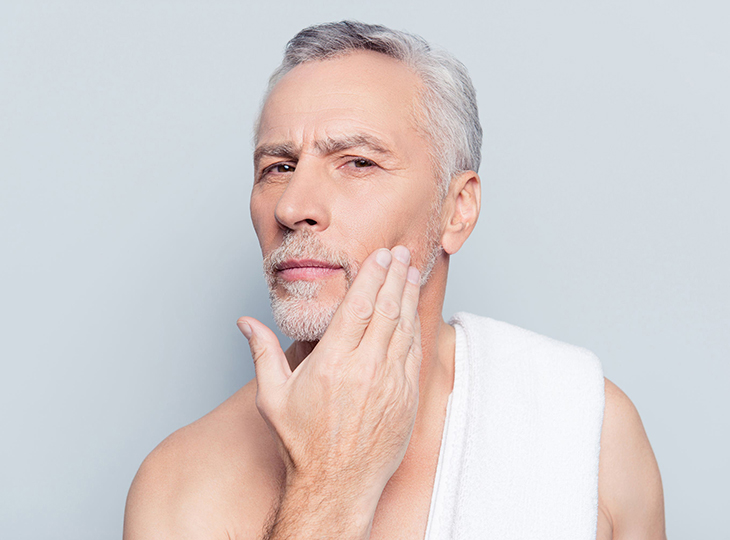
“Your skin is the largest organ in the body and is vital for lots of life functions, including immunity, temperature regulation and protection against microbes, as well as the elements,” explains Dr Denning. “Simply put, you would only survive a few hours without your skin, however, it’s one of the last things people think of in terms of their overall health.”
Protecting your skin properly will help reduce your risk of skin cancer. A proper skincare routine – which includes a good quality SPF – is vital. Even though those with fair skin have a greater risk of skin cancer, it’s important to remember that everyone can get it – regardless of how much melanin is in your skin.
Read more: Spotting the signs of skin cancer
How does male and female skin differ?
There’s an almost hilarious difference in how male and female beauty products are packaged – it’s either manly colours like black or blue, compared to pretty, delicate, sparkly versions for women. While you don’t necessarily have to buy a product specifically designed for your gender, male and female skin does have different needs.
“Men’s and women’s skin differ in certain aspects, such as hair growth, sweat rate, oil production, pH and other factors,” Dr Denning explains. “Until the age of 50, men’s skin barrier function is better. Their skin is thicker, their oil production is generally greater, and they don’t lose so much water through the skin. This means that men have less tendency for dryness.”
What are the basics men need?
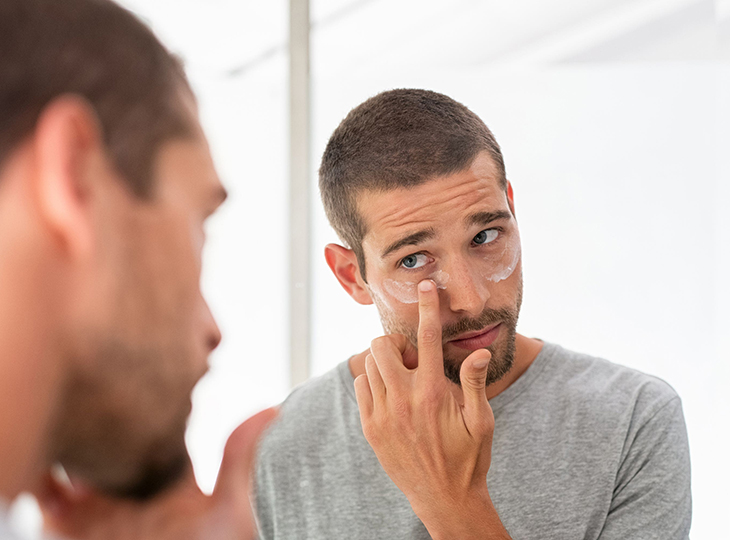
Even if male and female skin differs, Dr Denning does say: “They both benefit from the same type of active ingredients.” So you don’t necessarily have to stick to male-only products.
If you have a completely non-existent skincare routine, it’s a good idea to start small – you don’t want to suddenly adopt a multi-step routine you won’t be able to maintain.
For Victoria Schofield, digital education executive at skincare brand Dermalogica: “The bare minimum for anyone’s skin is to cleanse and moisturise daily,” she says. “Cleansing is the foundation to healthy skin, as removing dirt, debris and pollutants will keep skin clear.”
As male skin tends to be oilier, Ms Schofield says: “A clay and charcoal-based cleanser is great to purify and deeply cleanse, however, ensure the formula is fortified with skin protective lipids, so skin isn’t left feeling stripped, tight and vulnerable to damage.”
Both Ms Schofield and Dr Denning recommend using a light moisturiser, which will hydrate the skin without making it too oily. Another non-negotiable is including SPF into your routine. Dr Denning advises a standalone product, saying: “Don’t rely on one in your moisturiser.”
Read more: Understanding the different types of sunscreens
This really is the bare minimum – for that extra boost of skin protection, you could think about adding in a vitamin C product, which Dr Denning says “will help defend against pollution and other toxins we encounter on a daily basis”. Once you’ve found the products that work for you, you can start experimenting with other hero ingredients in skincare, such as retinols and glycolic acids. Baby steps for now – and whatever you do, make sure you’re drinking enough water.
Products to get you started
Dermalogica Active Clay Cleanser, $62
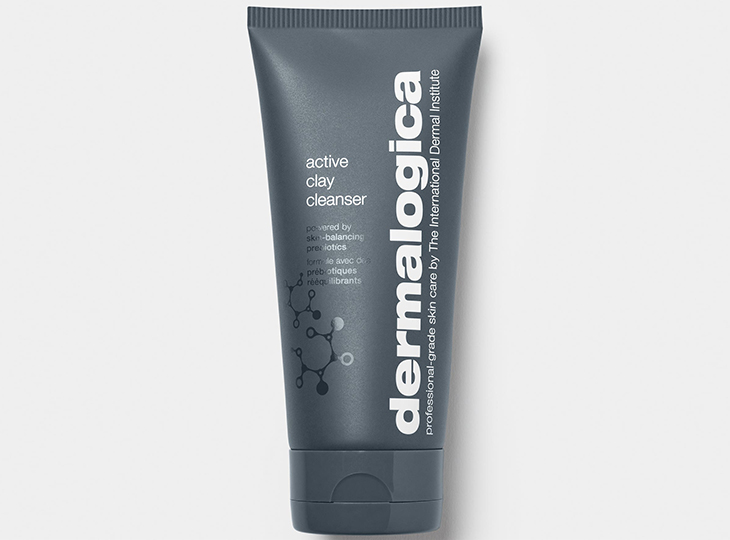
Bioderma Pigmentbio Foaming Cream, $30
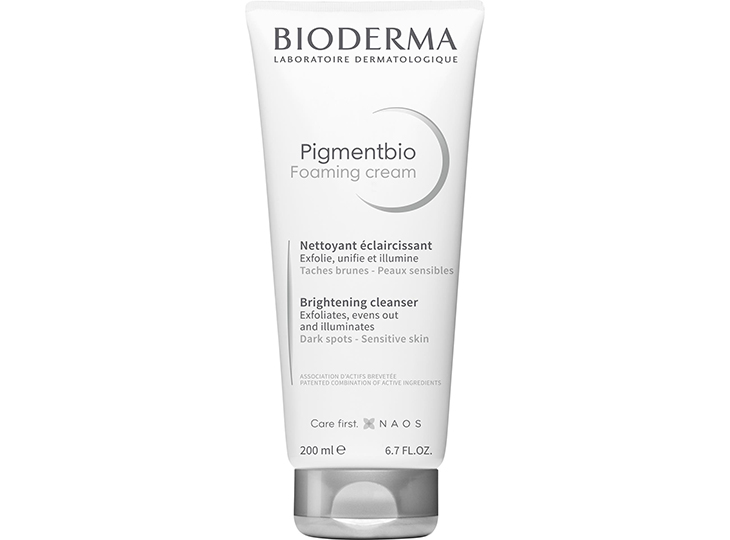
Curel Moisture Facial Milk, $40

Murad Essential-C Day Moisture SPF 30, $108
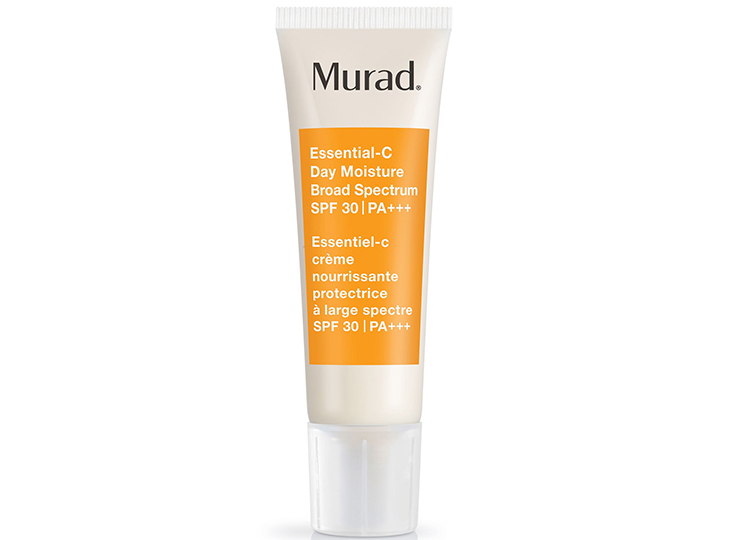
SVR Sensifine AR Cream SPF 50+, $40
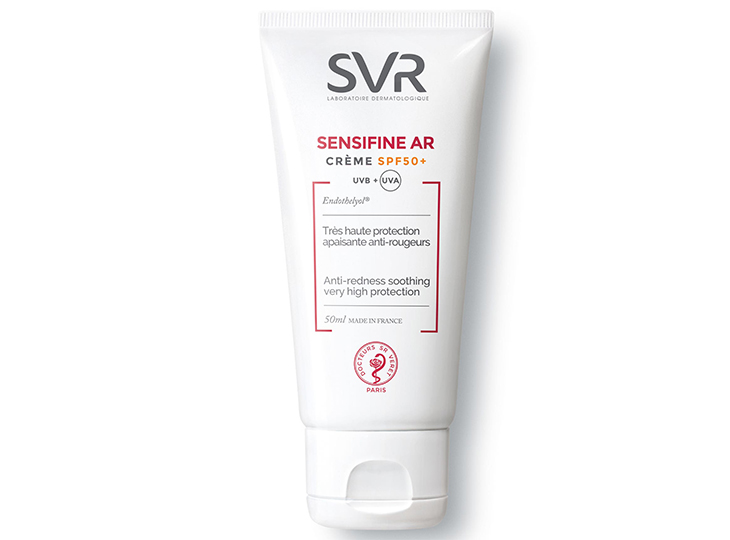
How do you look after your skin? What products do you use?
– With PA
If you enjoy our content, don’t keep it to yourself. Share our free eNews with your friends and encourage them to sign up.

